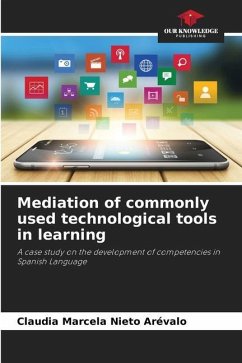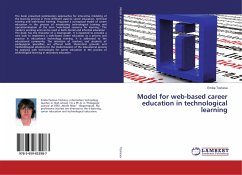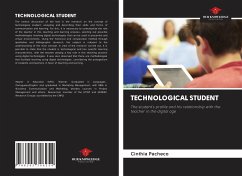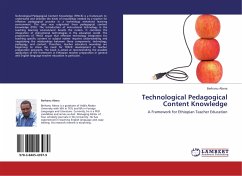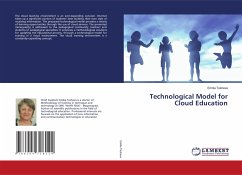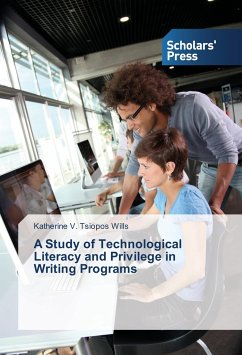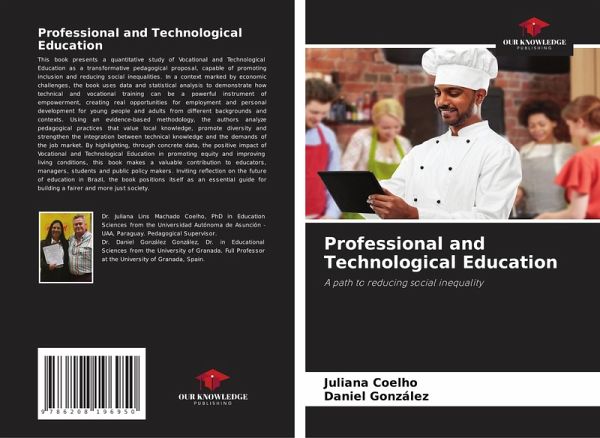
Professional and Technological Education
A path to reducing social inequality
Versandkostenfrei!
Versandfertig in 6-10 Tagen
40,99 €
inkl. MwSt.

PAYBACK Punkte
20 °P sammeln!
This book presents a quantitative study of Vocational and Technological Education as a transformative pedagogical proposal, capable of promoting inclusion and reducing social inequalities. In a context marked by economic challenges, the book uses data and statistical analysis to demonstrate how technical and vocational training can be a powerful instrument of empowerment, creating real opportunities for employment and personal development for young people and adults from different backgrounds and contexts. Using an evidence-based methodology, the authors analyze pedagogical practices that valu...
This book presents a quantitative study of Vocational and Technological Education as a transformative pedagogical proposal, capable of promoting inclusion and reducing social inequalities. In a context marked by economic challenges, the book uses data and statistical analysis to demonstrate how technical and vocational training can be a powerful instrument of empowerment, creating real opportunities for employment and personal development for young people and adults from different backgrounds and contexts. Using an evidence-based methodology, the authors analyze pedagogical practices that value local knowledge, promote diversity and strengthen the integration between technical knowledge and the demands of the job market. By highlighting, through concrete data, the positive impact of Vocational and Technological Education in promoting equity and improving living conditions, this book makes a valuable contribution to educators, managers, students and public policy makers. Inviting reflection on the future of education in Brazil, the book positions itself as an essential guide for building a fairer and more just society.








